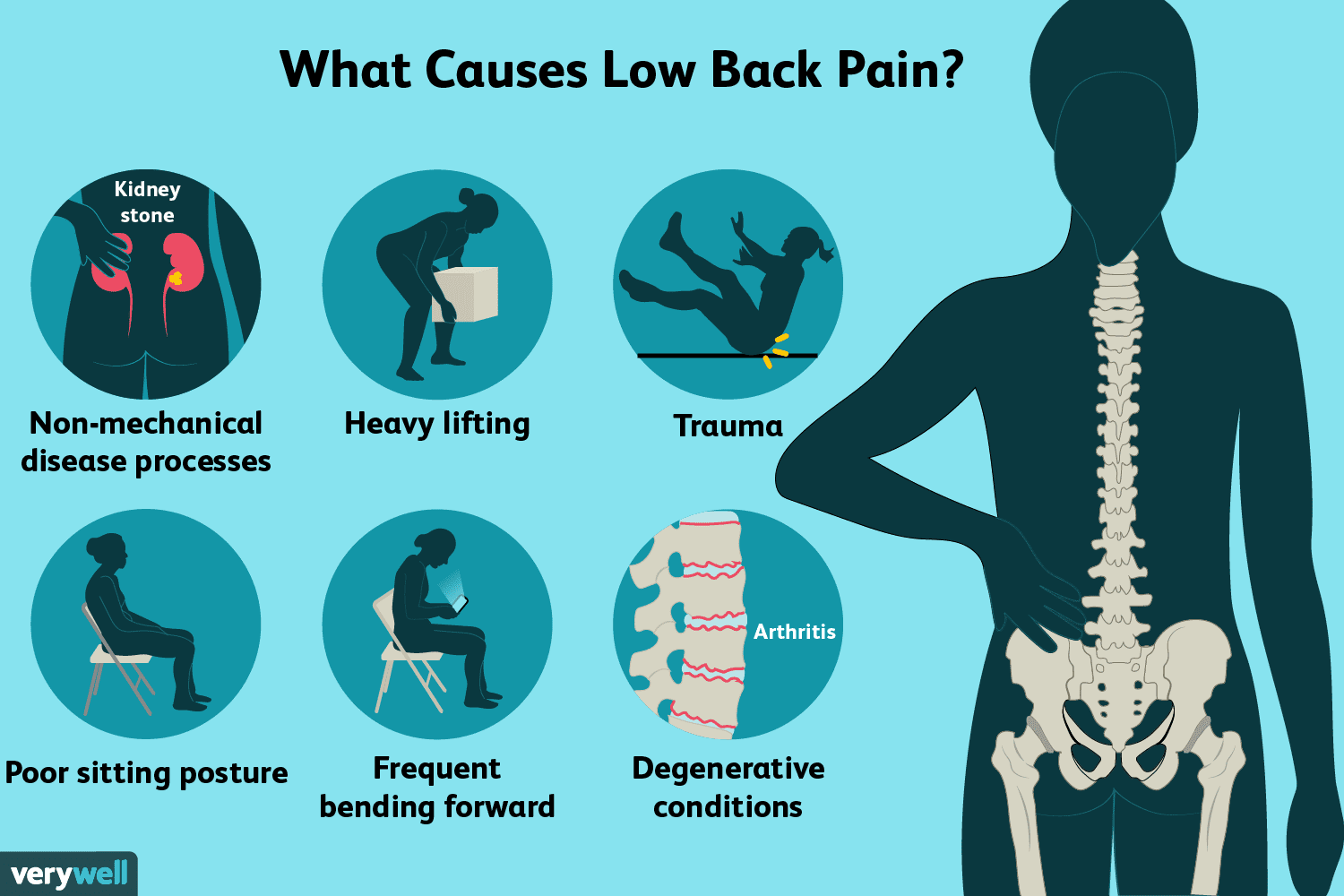Move More, Stress Less: How Exercise Improves Mental Health
In today’s fast-paced world, mental health has become a pressing concern for many individuals. With stress levels rising, it is essential to explore effective solutions that foster mental well-being. One of the most powerful remedies available is exercise. Whether you engage in walking, running, dancing, or lifting weights, physical activity can significantly boost your mood and reduce stress levels.
The Science Behind Exercise and Mental Health
Numerous studies support the correlation between physical activity and mental health improvement. When you exercise, your body releases endorphins – often referred to as ‘feel-good hormones’ – which can elevate mood and lessen feelings of anxiety and depression.
- Reduced Stress Hormones: Exercise decreases levels of the body’s stress hormones, such as adrenaline and cortisol.
- Increased Endorphin Levels: Physical activity stimulates the production of endorphins, resulting in feelings of happiness and euphoria.
- Enhanced Neural Growth: Exercise promotes the growth of new neurons and helps prevent age-related decline in brain function.
The Physical Benefits of Exercise
Beyond its mental health advantages, exercise also delivers numerous physical benefits. Here are a few:
- Weight Management: Regular physical activity helps maintain a healthy weight.
- Increased Energy: Engaging in exercise improves cardiovascular health, allowing your body to function more efficiently.
- Better Sleep: Physical activity can help you fall asleep faster and deepen sleep, essential for mental well-being.
Types of Exercise and Their Mental Health Benefits
Different forms of exercise have various effects on mental health:
Aerobic Exercise
Aerobic exercises—such as running, cycling, and swimming—are particularly effective for reducing anxiety and improving mood. These activities boost heart rate and enhance overall cardiovascular health.
Strength Training
Strength training, including weight lifting, has also shown a positive impact on mental health. It improves self-esteem and body image, which are crucial components of mental well-being.
Yoga and Stretching
Yoga incorporates mindfulness and breathing techniques, which can help reduce stress. Research indicates that practicing yoga can lead to substantial decreases in anxiety and depressive symptoms.
Establishing a Routine
To reap the mental health benefits of exercise, establishing a consistent workout routine is crucial. Here are some tips for creating a sustainable exercise regimen:
- Set Realistic Goals: Start with small, achievable goals that can gradually lead to more challenging targets.
- Find Activities You Enjoy: Choose exercises that you find enjoyable, whether that’s dancing, hiking, or playing sports.
- Schedule Workouts: Treat your exercise time like an important appointment and keep your schedule consistent.
- Include Social Elements: Exercise with friends or classes to add a social aspect to your routine, boosting motivation.
Overcoming Barriers to Exercise
Many individuals face obstacles to regular physical activity. Here’s how to address common barriers:
- Time Constraints: Even short sessions can be beneficial. Try incorporating 10 to 15 minutes of activity throughout your day.
- Lack of Motivation: Setting achievable goals and tracking your progress can enhance motivation.
- Physical Limitations: Consult with a healthcare provider to design a modified exercise program that fits your needs and abilities.
Mindfulness and Movement
Integrating mindfulness into your exercise routine can amplify the mental health benefits. Focusing on your breath, body awareness, and movement can heighten relaxation and contribute to overall zen.
Practices such as tai chi or mindful walking combine physical activity with meditation, making them perfect for stress relief.
Alternative Strategies to Combine with Exercise
While exercise is a fantastic tool for mental health, combining it with other strategies amplifies benefits:
- Therapy: Counseling or therapy, alongside regular exercise, can provide comprehensive support for mental health struggles.
- Nutrition: A balanced diet can further enhance your mood and energy levels.
- Mindfulness Techniques: Incorporate mindfulness exercises or meditation to relieve stress effectively.
Conclusion
Incorporating exercise into your daily routine is a powerful way to enhance mental health and reduce stress. By understanding the connection between physical activity and mental well-being, you can create a healthier, happier lifestyle. Remember, physical activity isn’t just about building muscle or improving cardiovascular health; it’s about nurturing your mind and finding a balance in a chaotic world. So lace up those sneakers, find an activity you love, and start moving towards a more fulfilling and stress-free life.
FAQs
1. How much exercise do I need for mental health benefits?
Experts recommend at least 150 minutes of moderate aerobic activity each week, or 75 minutes of vigorous activity. Even shorter sessions can contribute positively to mental well-being.
2. Can I exercise if I have a mental health condition?
Yes! Exercise can be a beneficial component of treatment for various mental health disorders. Always consult your healthcare provider to devise a safe and effective program.
3. What types of exercise are best for stress relief?
Aerobic activities such as running, swimming, and walking, as well as strength training and yoga, are excellent for relieving stress and boosting mood.
4. How quickly can I see improvements in my mental health from exercise?
Many people experience mood improvements soon after starting exercise, often within days to weeks of regular activity. Long-term benefits can further develop with continued consistency.
5. Can I exercise indoors if I can’t go outside?
Absolutely! There are many effective indoor exercises, from bodyweight workouts to online fitness classes, that can boost your mental health just as effectively.







